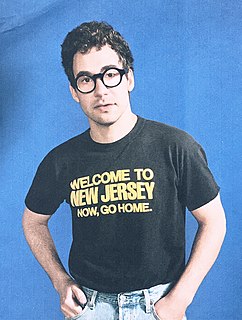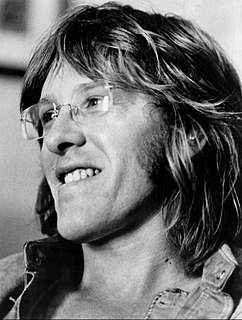A Quote by Jack Antonoff
It probably all started with The Beatles, and then I guess it goes out from there. Springsteen... Fleetwood Mac... I mean, that's all so inherent in us that when we're making records now, we take a lot from the artists who are around us.
Related Quotes
When I discovered blues - I was 12-years-old - I didn't discover it in America where it was from; I discovered it from Fleetwood Mac - the original Peter Green Fleetwood Mac, Saveloy Brown - like British blues interpretations of it,' which then, when I started the liner notes and seeing all these names, I was like, 'Who's Willie Dixon?' Then I go to the record store and ask the guy there and he goes, 'Oh, you don't know anything.' And so, to me, that's the root of most of it anyway.
Most artists are making as much money now as they could have made... in the heyday of Def Jam [when the] Beastie Boys would sell 10 million records or DMX would sell 6 or 7 million records. Those records are one thing, but then all the other ways to exploit the emotional relationship between artist and community is so much greater that I would guess that they're making as much or more money than they could have ever made.
For me, promotional thing about some new album coming out destroys a lot of the excitement of making records. Records, movies, books - they're not supposed to be like math books. The purpose of them is to kind of take us out of ourselves and give us some sort of alternate experience or respite. To try to maximize the relationship of listening to a record through promotion is like experiencing driving a car by reading about stimulus programs. It kind of defeats the purpose.

































